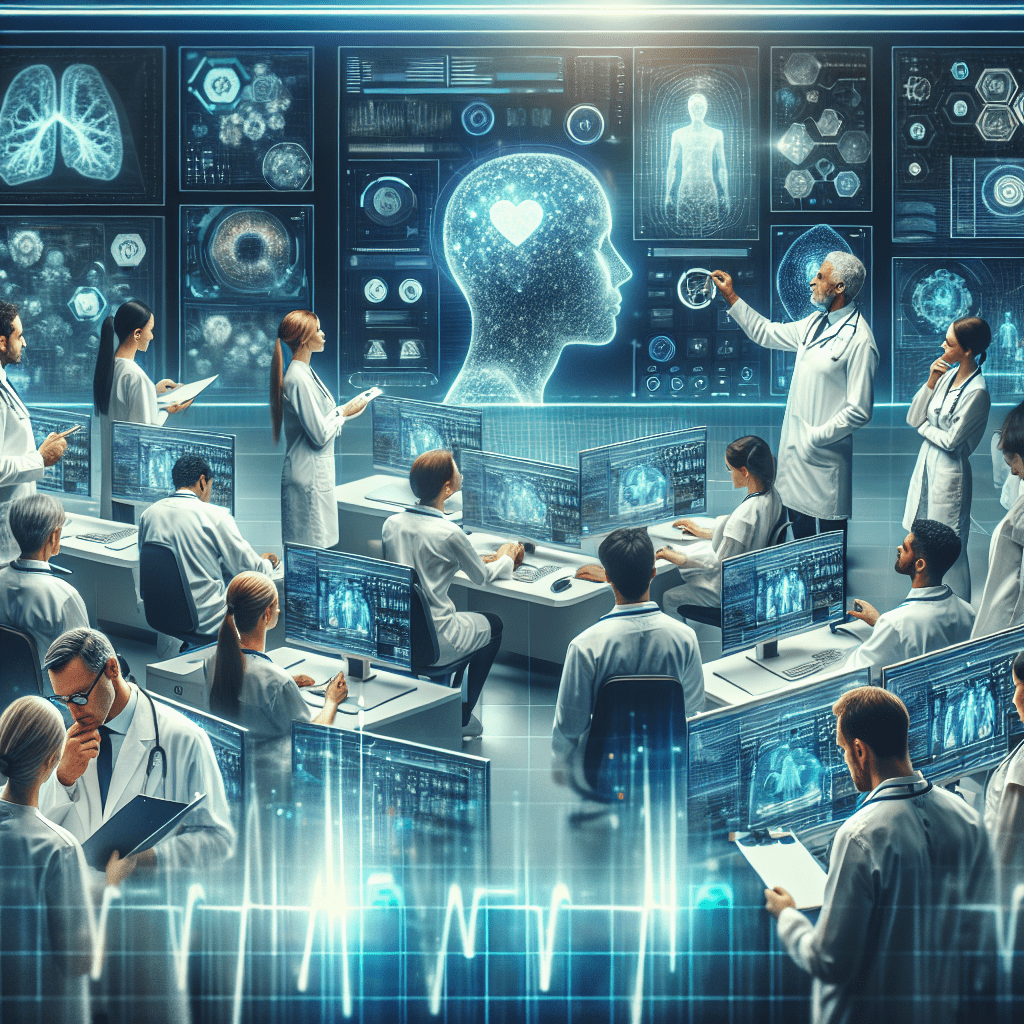In recent years, Artificial Intelligence (AI) has made significant advancements in revolutionizing various industries, and healthcare is no exception. AI has the potential to transform patient care by improving efficiency, accuracy, and accessibility in the healthcare system. From diagnosis to treatment, AI is changing the way healthcare providers deliver services and interact with patients.
One area where AI is making a big impact is in medical imaging. AI-powered algorithms can analyze medical images such as X-rays, MRIs, and CT scans with incredible speed and accuracy, helping radiologists to detect abnormalities and diagnose diseases more effectively. This not only saves valuable time but also reduces the risk of misdiagnosis, leading to better patient outcomes. AI can also be used to predict patient outcomes and personalize treatment plans based on individual characteristics, ultimately improving patient care.
Another way AI is revolutionizing healthcare is through virtual health assistants and chatbots. These AI-powered tools can provide patients with instant access to healthcare information and advice, reducing the burden on healthcare providers and improving patient satisfaction. Virtual health assistants can also help patients manage their chronic conditions, remind them to take medications, and schedule appointments, leading to better patient compliance and overall health outcomes.
Furthermore, AI is being used to enhance telemedicine services, enabling healthcare providers to remotely monitor patients and deliver care in real-time. This is particularly beneficial for patients in rural or underserved areas who may not have access to specialized healthcare services. AI can also analyze patient data from wearable devices and sensors to detect early signs of health issues and intervene before they escalate, ultimately improving patient outcomes and reducing healthcare costs.
In conclusion, AI has the potential to revolutionize healthcare by improving patient care in various ways. From medical imaging to virtual health assistants and telemedicine, AI is changing the way healthcare providers deliver services and interact with patients. By harnessing the power of AI, healthcare organizations can enhance efficiency, accuracy, and accessibility in the healthcare system, ultimately leading to better patient outcomes and a healthier population. As AI continues to evolve and advance, the possibilities for improving patient care are endless.


